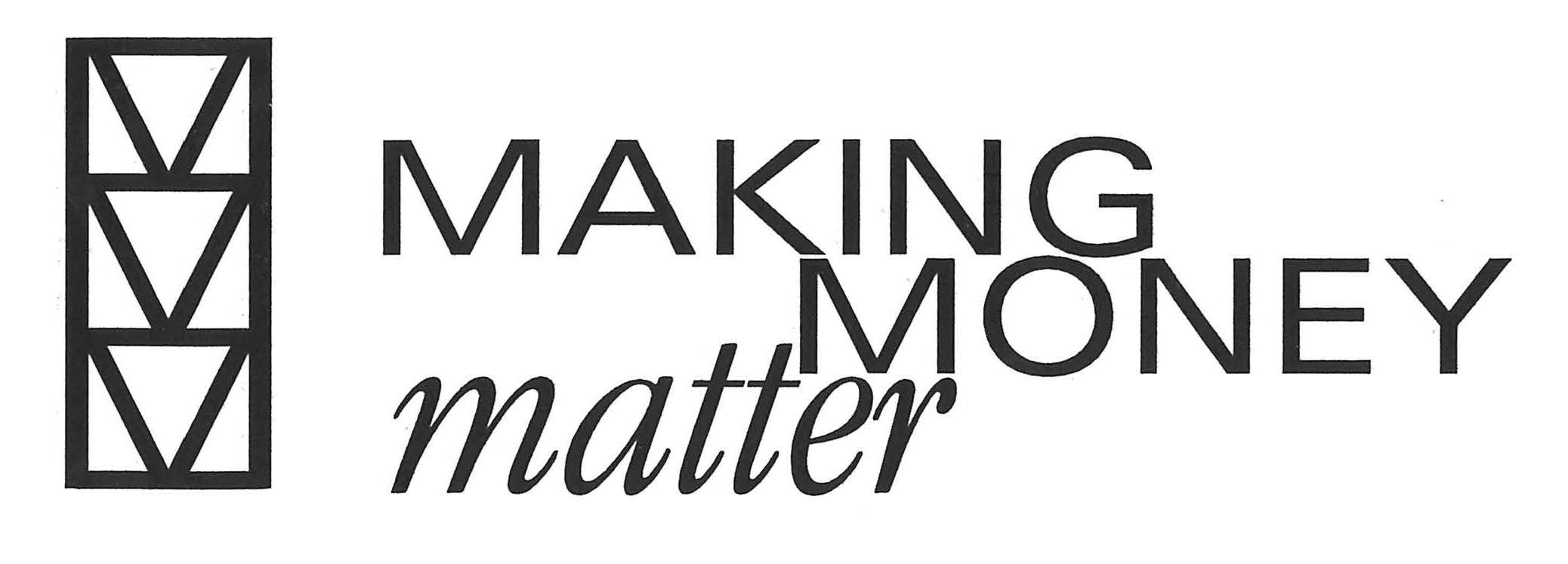What could be controversial about giving away money? Let’s look at three examples that are both complex and nuanced.
Fortune magazine reports that through Microsoft Philanthropies, Microsoft pledged $1billion to non-profits and university researchers. The resource gift, valued at $1 billion, “will include tools for letting users develop and run applications” and “use its cloud’s storage and computing facilities.”
Apparently there is an underlying market-driven, competitive purpose for the high profile largess. Fortune asserts “public mindedness aside, part of this is probably about getting more people using Microsoft’s systems as opposed to those of its rivals.” They go on to say that “it is also clearly a lobbying tactic that’s designed to shape government opinion” and they reference globalization of data and multi-national agreements about cloud services and data flow as the potential target for Microsoft’s enlightened self-interest.
On the other hand, a billion dollars worth of digital access that non-profits could not otherwise enjoy could potentially have a impact on leveling the playing field. Access might allow organizations that are cash poor to operate and flourish in the digital marketplace in powerful new ways, like build new programs and engaging more donors. University researchers could develop ways to improve accessibility and capacity, even harness far greater computing power.
So, is Microsoft’s billion a quid pro quo that addresses a corporate agenda? Or, does it speak to the issue of public mindedness and the greater good? Probably both.
In the personal giving arena, the Chan-Zuckerberg pledge was ground-breaking, astonishing, and an extraordinarily generous mega gift. Or was it?
It was certainly ground breaking and astonishing not to mention that it attracted a great deal of attention at the size of the gift and timing. The announcement was made via a letter to their newborn daughter.
However, in the SEC filing, Zuckerberg’s statement reads: “to sell or gift no more than $1 billion of Facebook stock each year for the next three years.” The intended recipient is an LLC (limited liability corporation) Zuckerberg referred to as a “charitable fund” controlled by him, and it is a for-profit corporation.
One skeptic, sociologist and author Linsey McGoey, has referred to the pledge as “venture capital dressed up as philanthropy.” McGoey observed that Zuckerberg could disperse funds to non-profits, but he could also invest in for-profit companies and “unlike most private foundations, Zuckerberg is not required to publicly disclose any of his LLC’s investments. He has legally engineered the capacity to be as secretive or as forthcoming about any future ‘gifts’ as he wants. It’s smart. But I wouldn’t call it charitable.”
Yet Zuckerberg’s gift has the potential to be a transformational example of what is being called “philanthrocapitalism.” The New Yorker ran a piece by James Surowiecki entitled In Defense of Philanthrocapitalism about Zuckerberg’s commitment to transfer 99% of his Facebook stock over his lifetime, a pledge valued at approximately $45 billion.
While purists and cynics question the motives of the new breed billionaire philanthropists and draw attention to the concentrated wealth (and therefore influence and power) of the few, Surowiecki points out that corporations or governments are unlikely to have global goals in the interest of the common good.
Examples of global impact philanthropy are goals like Zuckerberg’s vision of providing universal Internet access and Bill Gates’ public health agenda to eradicate targeted diseases like malaria and tuberculosis. Apparently, the Gates Foundation “now spends more on health issues than the W.H.O.” (World Health Organization.)
When asked about his intentions and why he set up an LLC instead of a traditional foundation, Zuckerberg stated, “this enables us to pursue our mission by funding non-profit organizations, making private investments and participating in policy debates.”He also stated that they would re-invest any net profits in the mission.
Another high profile donor recently made headlines. Facebook’s chief operating officer, Sheryl Sandberg added $31 million worth of shares of stock to her donor-advised fund.
Some were quick to point out that donor-advised funds may be used to avoid the 5% payout required of private foundations. In this case, it seems the funds are intended to support non-profits focused on women and girls, including Lean In, a non-profit Sandberg started.
Lean In.org is a private operating foundation which receives all of the profits of Sandberg’s book, Lean In: Women, Work & the Will to Lead, as well as additional gifts from Sandberg to support operating expenses.
Rather than using a DAF to build and transfer wealth, it looks like Sandberg is using tax-wise strategies to facilitate her philanthropy.
Controversial gifts? Perhaps, but tax-wise and strategic giving with genuine philanthropic intent can be a powerful combination with extraordinary impact.
Enid M. Ablowitz, CFRE, CSPG, is a veteran advancement professional, author and consultant who is dedicated to educating and guiding donors and non-profit organizations on the art and science of strategic philanthropy.
Originally published in the Boulder Daily Camera on February 16, 2016.
‘Til next time — Give Well, Give for Good.


